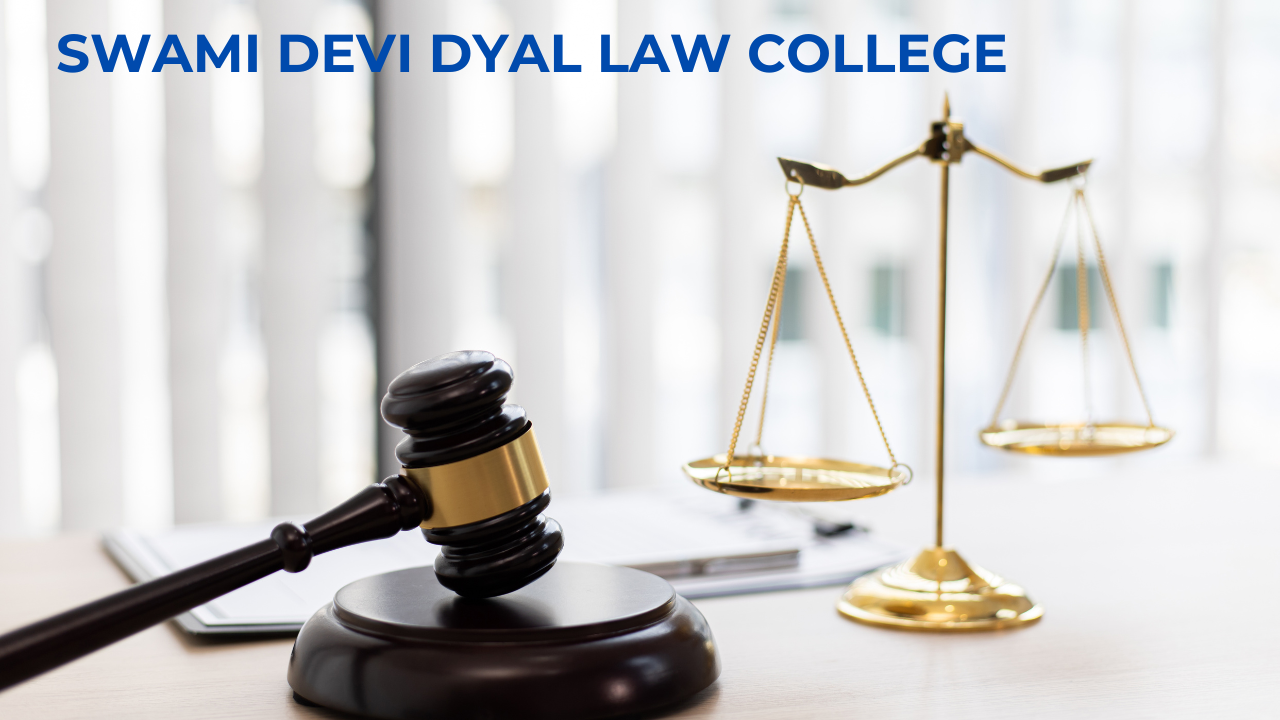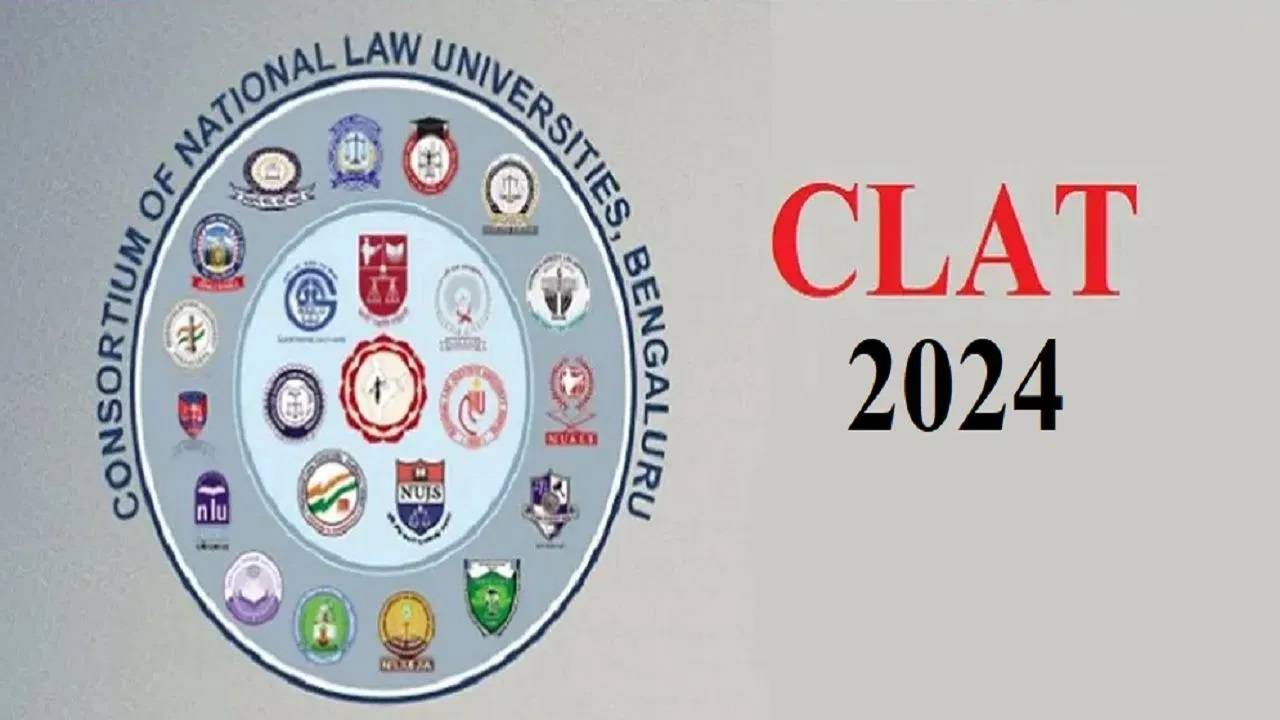A lot of kids grow with the dream of becoming great lawyers and judges as they grow up. It is one of the most lucrative and highest paying career options in our country, but the journey to becoming one is not too easy. As a law student one has to be extremely focused and passionate about their dream.
Here are a few steps on how to kickstart your journey of taking up law after class 12th.
To start with you should have completed class 12th from any stream be it science, commerce or arts. Though to become a lawyer certain skills such as analytical and comprehending skills are considered to be good and if you have taken up mathematics or arts stream in 10+2, you will be more comfortable as you enter law school. Apart from this, there is no restriction on the steam you have passed from.
A general category student will require at least 50% marks in class 12th and SC/ST/OBC student requires 40-45% marks in class 12th.
There are many colleges which can provide you with direct admissions into their law course but if you are targeting some of the top law schools and in general also it is beneficial if you write the following exams:
CLAT ( Common Law Admissions Test), The exam is usually conducted in the month of may and opens doors to many National Law Universities ( NLUS) in India.
LSAT which is the Law School Admissions Test, All India Law Entrance Test (AILET). There are also exams at the state level such as MHTCET, which is for the state of Maharashtra and there some university-specific exams such as Symbiosis Law Admission Test (SLAT), Guru Gobind Singh Indraprastha University (IP LAW) and NLU Delhi.
You have to choose between the various courses being offered. These are five-year integrated courses which offer you a dual degree. The courses are as follows:
Bachelor of Arts and Law (B.A.LL.B), Bachelor of Legal Science + law (B.L.S.LLB), Bachelor of Business Administration and Law (B.B.A.LL.B), Bachelor of Commerce and Law (B.Com LL.B), Bachelor of Technology and Law (B.Tech.LL.B), Bachelor of Science and Law (B.Sc + LL.B).
Btech LLB and Bsc LLB is only for students who have taken up science stream in 10+2.
If a student is not sure about pursuing law they can pursue graduation in any field for 3-4 years as per their area of interest and can then pursue LLB for 3 years. But if you have already made up your mind in high school it is better to opt for an integrated program.
After you have completed your LLB you have to enrol yourself as an advocate and become a member of the state bar council and within two years of enrollment, the candidate must take their All India Bar examination (AIBE). The Bar Council of India (BCI) conducts the exam, which is a post-qualification test or a certification test. To pursue your career as a Lawyer or an advocate taking and clearing the AIBE exam is mandatory.
If one wants to study further they can do post-graduation in law commonly referred to as LL.M (Latin Legum Magistrate) and can then later do a PhD.
Some of the well-recognised colleges to pursue law in India are NLSIU - National law school of India University, Bangalore. Faculty Law University Delhi, National Law University Delhi, Nalsar University of Law, Hyderabad, Symbiosis Law School Pune and Gujarat National Law University, Gandhinagar.
Author : Shirin
Also Read:

















Leave a comment
Comments:
Arushi
Rohit
Arushi